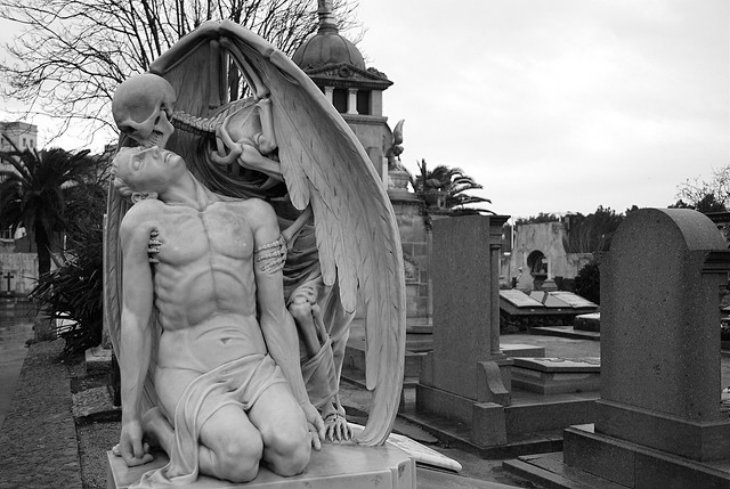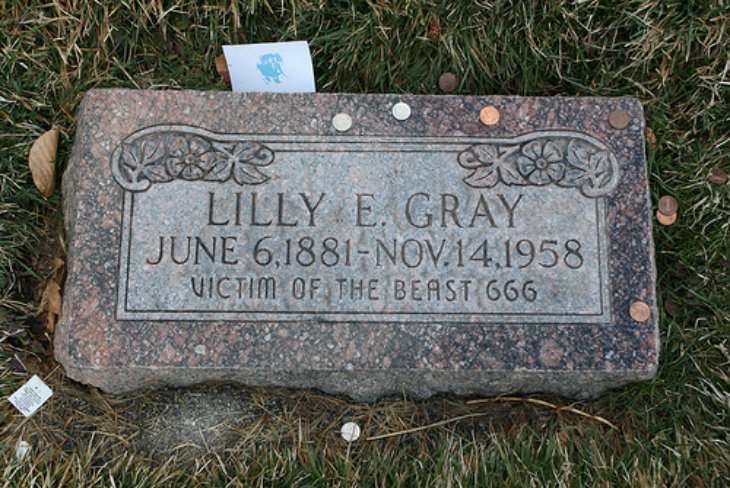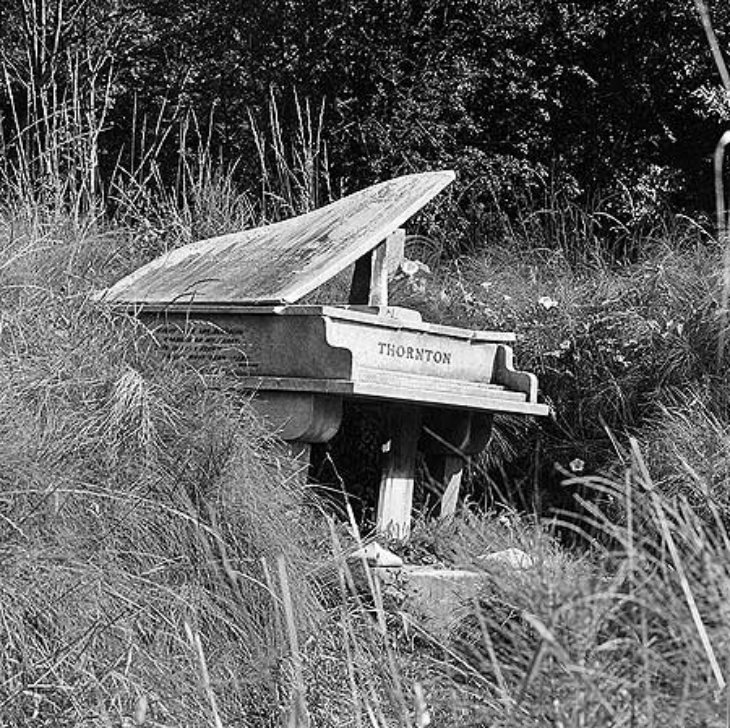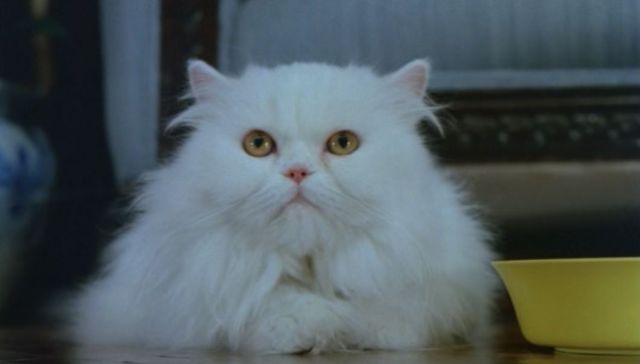Imagine a novel that tries to define supernatural horror fiction while re-defining it for a modern sensibility. The nearest example I can think of is
The Ceremonies by T.E.D. Klein, a book many considered a qualified failure. Well, a second contender has now emerged in the form of
The Wanderer, a remarkable debut from a British author.
The book takes the form of stories within within a framing narrative, which is itself topped and tailed by introductory matter and appendices. The novel proper is purportedly the work of Simon Peterkin, 'a British Library archivist and writer of weird tales'. The Foreword states that Peterkin disappeared in December 2010 in rather odd circumstances. His MS of
The Wanderer was found by his editor some months later, apparently abandoned by the author. Thus we begin in the hallowed tradition of the author, Jarvis, posing as the editor of the fictional Peterkin's work. But then comes the twist, as it seems that the actual text of the novel is down to someone else entirely.
And so begins a gory saga spanning many centuries. The story begins when the nameless narrator encounters a Punch and Judy show on the streets of London. This leads him into an underground realm of supernatural horror that almost deranges him, and prompts him to seek out others who've had similar experiences. The group meet in a pub and - in accordance with old-school tradition - tell their stories. But at least one of those in attendance is not what s/he seems...
If this stirs your interest, it should. The premise is at least as much a classic as a cliché, and Jarvis offers some very effective horror tales, all linked by the theme of a descent into a hellish Underworld that leaves innocent victims cruelly transformed. But all this is told within the context of a frame story, typed (yes, typed) by the narrator in the distant future. He has been cursed with apparent immortality as a result of his descent into 'Tartarus'. Unfortunately for him, he has still suffer, and someone knows how to kill him.
Thus we have a novel that manages to combine horror with science fiction, in that it attempts to offer a vision of the broad sweep of future history. Sadly, all the author can come up with is 'we'll have more of the same, then we're buggered' - admittedly a popular take on things, but I found it disappointing. It's also a bit difficult to credit a post-apocalyptic future in which literacy has been forgotten but typewriter ribbons still seem to be available. The passages set in this bleak future, while they have their moments, are often flat and unconvincing.
The book is also beset by info-dumping - the tendency to the throw in everything but the kitchen sink. The author has made his notes, done his research, and he'll be damned if he doesn't include every bit of it. Thus at one point a fake medium decides to make Marat, the French revolutionary, his spirit guide. Fair enough, but we are then give a potted biography of Marat, and no explanation as to how the storyteller (who is supposed to be an uneducated 19th century Glaswegian) came to learn French. Less is definitely more in such cases, especially since in what is ostensibly an account written purely from memory by someone who has lived many lifetimes.
Another difficulty is the author's tendency to use ten words where one would suffice. I can see why he does it - Poe and Lovecraft, who are listed (with many others) as tutelary spirits of this book, were notably wordy. But Bierce and Maupassant, who are also name-checked, were admirably terse. I am, I admit, more of a taker-out than a putter-in when it comes to prose style. But the frequent overloading of the text is, for me, an impediment rather than a powerful effect.
In case I seem too harsh, I must round off by saying that
The Wanderer is a remarkable achievement, albeit a flawed one. As one review (quoted in the book) succinctly remarks, reading it is a little like wandering through a library assembled by some insane devotee of fantastic atrocities and excesses.













